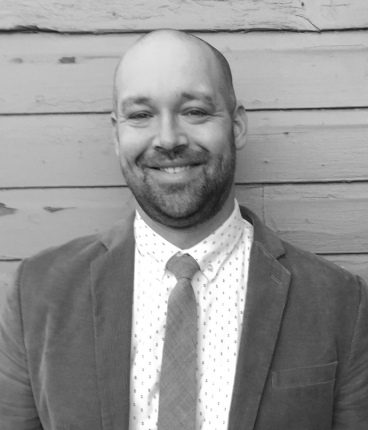

Associate Professor Clayton Childress
The Department of Sociology is excited to welcome Dr. Clayton Childress to UBC as an Associate Professor. Dr. Childress joins us from the University of Toronto’s Department of Sociology, where he taught from 2013-2023. His research uses a variety of methodological approaches to study studying taste-, decision-, and meaning-making for cultural objects and how these processes generate different social arrangements and configurations of inequality.
We spoke to Professor Childress about his experience, forthcoming research, and teaching at UBC.
Can you tell us about your journey to UBC? What excites you about working here?
After growing up on the west coast, I spent the first ten years of my career at University of Toronto. Everything about UBC and Vancouver more generally — from the smell of the air to the people — really does feel like coming home. I’m excited about my department, and about the university too, but really feeling like I’ve come back home is what is most special to me.
Can you tell us a bit about your research? What are you currently working on?
I’m generally interested in the production and consumption of media, taste, decision and meaning making, and inequality. I’ve had two papers very recently accepted. The first is on the Booker Prize for Fiction, and the role of tokenism in the creation of postcolonial fiction as a recognizable category of global literature. The second is on cultural polarization in the United States, and the degree to which tastes for everyday items of popular culture (movies, tv shows, musicians and bands) have become filtered through politics. Currently I’m working on two new projects. First, I’m writing up the results of an experiment on support for book banning, and second, I’m working on a review essay on conspicuous displays of cultural openness across individuals, organizations, and interactions.
Where do you hope your research will go while at UBC?
Although I’ve only been at UBC for a few months now, I’m excited about what I hope will become the central multi-year research project for this phase of my career. The focus is on globally iconic historical figures, how individuals feel about them, and the meanings they make out of them. The hope is that this is a project that ties together various strands in my research.
Tell us about the courses you are teaching this year. What makes them new or exciting for students?
This year I’ll be teaching a course on consumers and consumption. For next year I’ve also proposed a new course on the sociology of media, and I’ll be teaching a course on cultural theory. Upon coming here I was surprised there weren’t any courses in sociology of media, cultural production, and the like. We’re about three decades in on this being a major research area in sociology, and media plays a massive role in students’ lives. It makes courses about these topics both important to teach, and hopefully also fun to take and teach too.
How would you describe your teaching style? What should students expect from you as a teacher?
I aim to make my courses informative, fun, and engaging, all without sacrificing rigor, complexity, and all of the things that make truly learning exciting and complicated. In my classes students can expect enthusiasm from me, and to be engaged and challenged by a variety of activities and exercises.
What are some of your favorite things to do in your spare time?
Spending time with family and friends, and trying to keep up on the things I care about — and keep away from the things I don’t.


